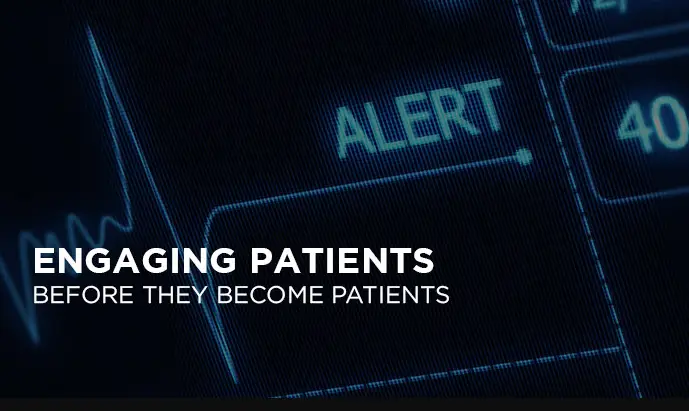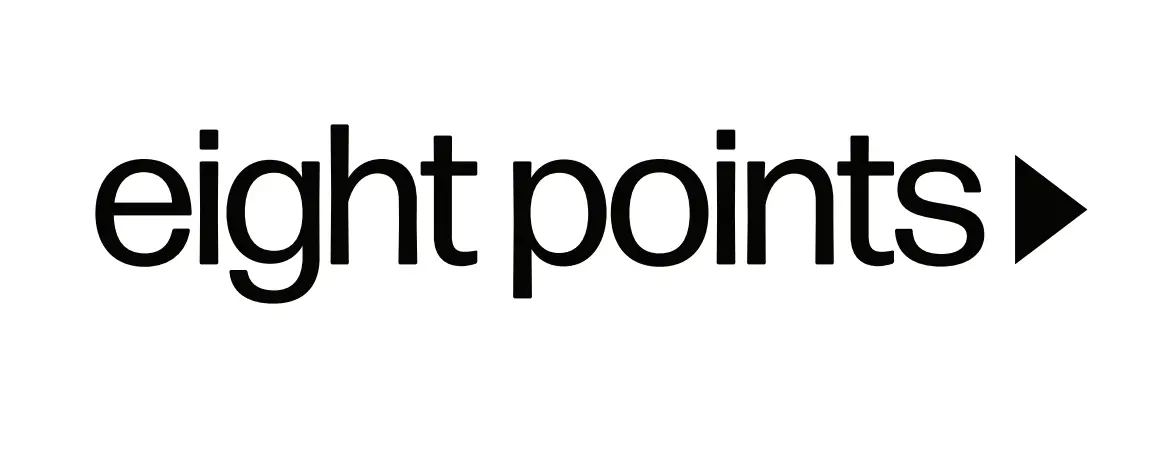
Improve community health with CRM
The complexity of health care – not to mention HIPAA – may discourage hospitals and other providers from engaging patients through CRM. Yet, effective engagement is possible and can produce remarkable results.
We all worry about things happening in our bodies, especially as we get older. (Continue reading after infograph.)

Using that truth, I built a marketing-centered CRM system that helped a $2.0 Billion health system achieve market, profitability and public health goals. We started simple and small.
After achieving initial success with the basic CRM benefits, we asked clinical and administrative directors to detail how they treat self-identifying patients and the barriers to a healthy society. One surgeon described ‘care pathways’ that became the model for engaging patients and improving public health.
With clinical help, we created patient nurture programs based on what potential patients worried about. Often rooted in human body systems, we engaged patients with helpful content (respecting HIPAA) and led them down person-scored, system-related health care nurture programs. The more they engaged, the more worried we thought they’d be.
Data was gathered through marketing promotions that identified implicit and explicit worry. Implicit points were gathered through class registrations, link clicks and articles read. Explicit points were gathered from survey-based health assessments.
Beside engaging them on what worried them, we also sent personalized engaging content based on health indicators that ran across all pathways, such as high BMI, years of smoking and family history. In sum, we were able to encourage patients to act on what they were worried about AND what clinicians worried about – ‘treating’ the whole patient. Annually, we reconciled engaged potential patients with downstream transactions (outside of the CRM system to prevent any HIPAA violations) to see if they became patients within 18 months.
With that data, we proved we could
· Lower the number of emergency department (ED) visits due to nurture programs
· Reduce marketing costs
· Grow target markets for specific treatments
· Achieve higher marketing ROI with CRM tools
More importantly, we discovered that CRM could be powerful in addressing public health challenges. Programs that had long suffered from little success achieved engagement success. This system won many awards and became a powerful tool in fundraising for the health system.
Health systems can engage potential patients through CRM by aligning medical directors, administrative leaders with a creative and determined digital marketing team.
